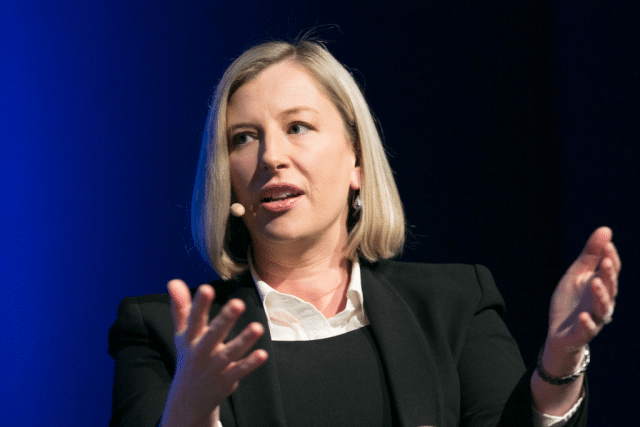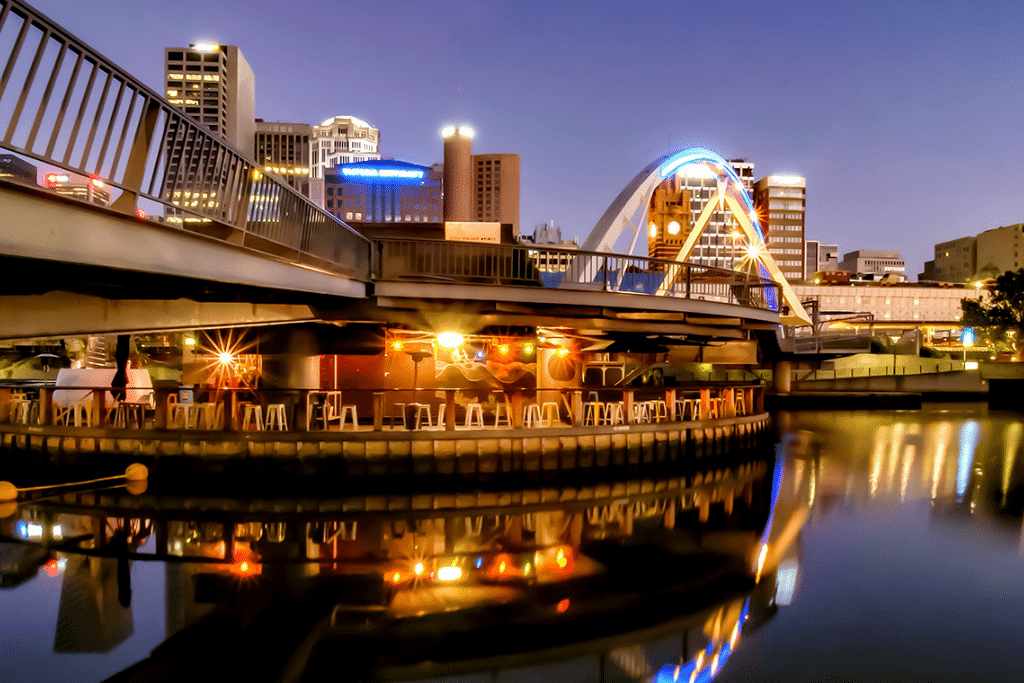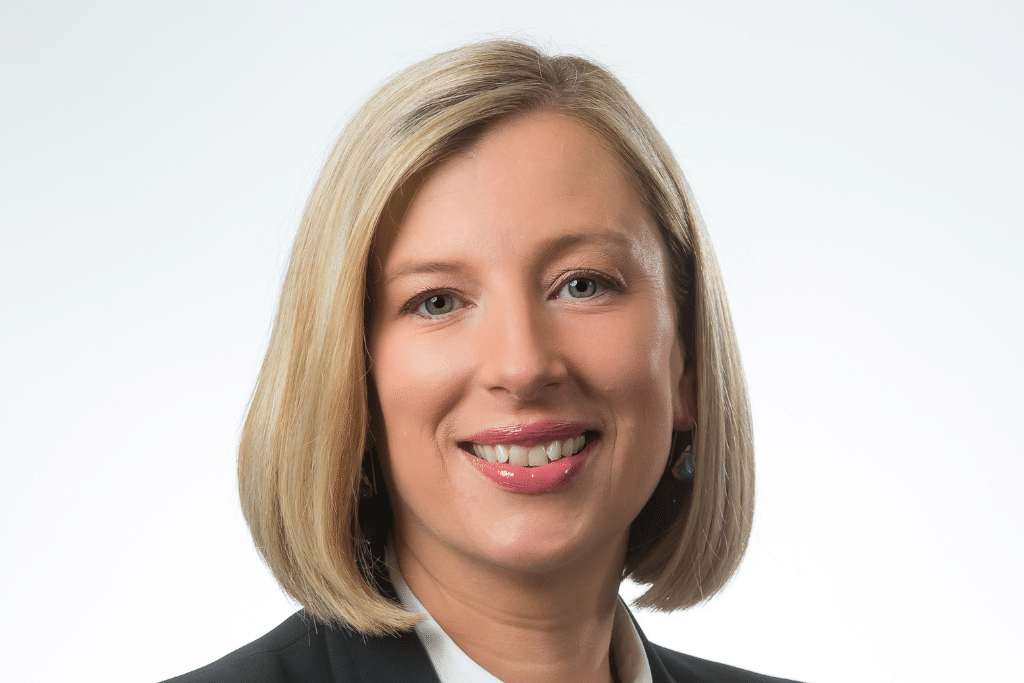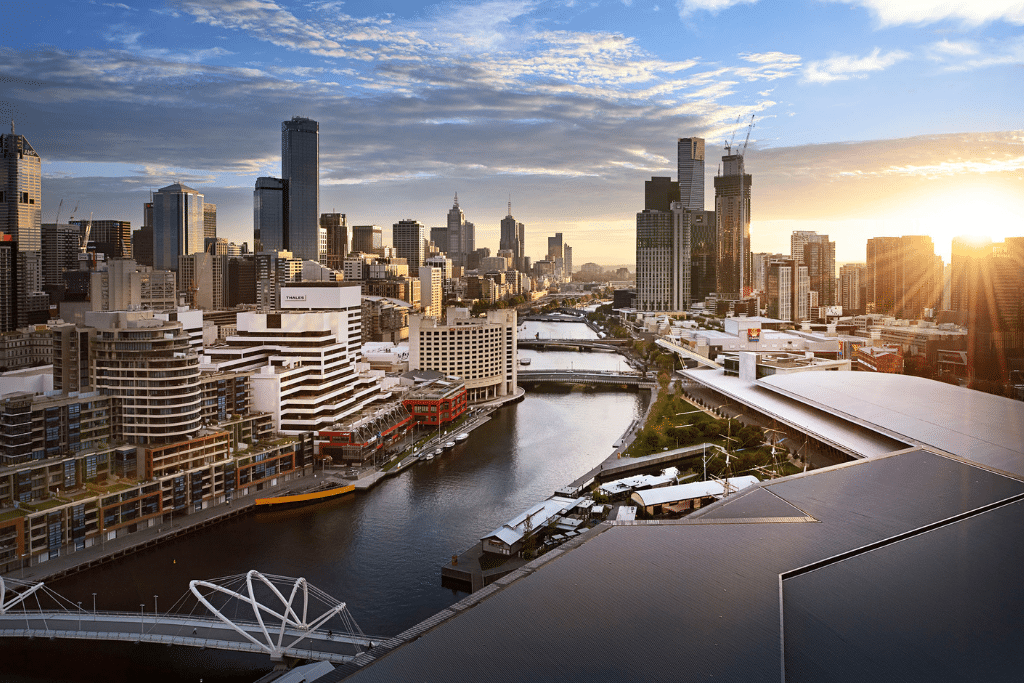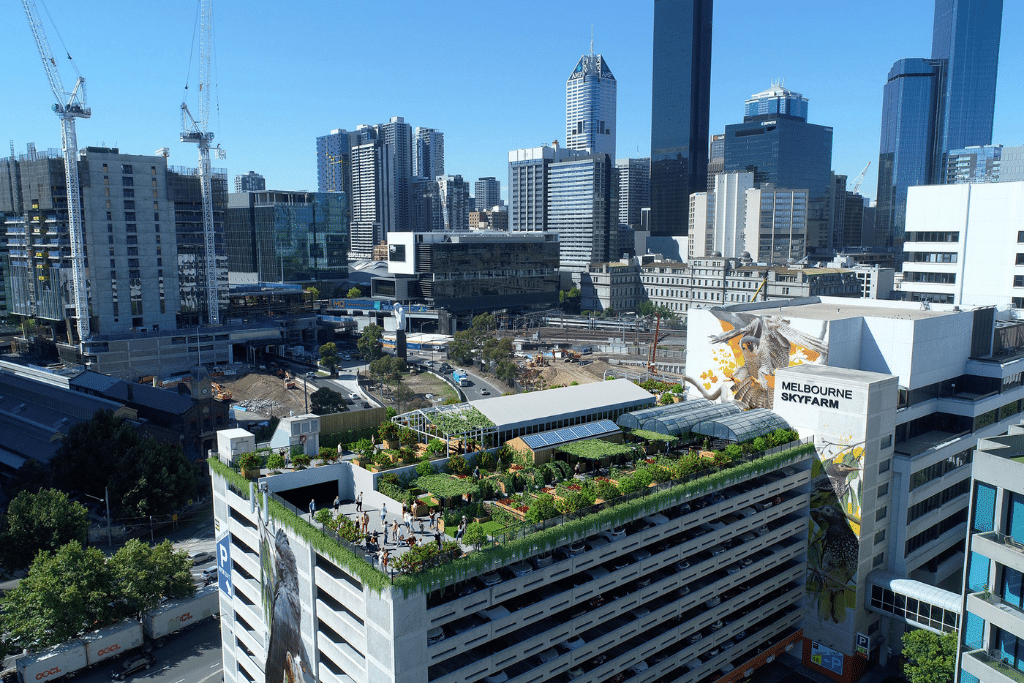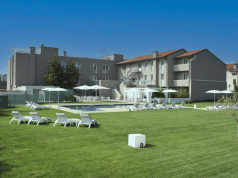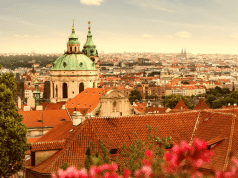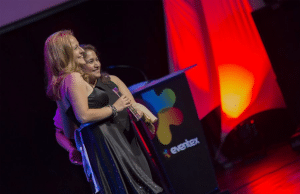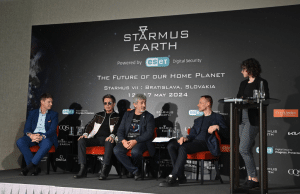MELBOURNE – NO.1 SUSTAINABLE CITY IN THE ASIA-PACIFIC REGION
Kongres Magazine talked to Julia Swanson, the Chief Executive of Melbourne Convention Bureau, who elaborated on MCB’s Sustainability Strategy and why Melbourne is one of the most sustainable destinations worldwide.
Q1: What does the slogan “think global, act local” mean to you?
The “think global, act local” slogan has been an integral part of sustainability action. For me, the meaning of the phrase is that people should think about the global significance of sustainability embodying environmental, social and economic outcomes while taking sustainable action in their own communities and cities.
The idea is that if everyone takes action at the local level, there will be a cumulative positive effect on the planet at large.
Q2: What do you see as the greatest environmental issue in your country and city?
As a long-haul destination, we are conscious of the atmospheric carbon burden generated by the aviation industry. Even if a conference is net-zero, delegate travel is not always so. Airlines have been experiencing high levels of scrutiny regarding their environmental footprints and have certainly attracted media attention throughout the COP26 Conference in Glasgow recently.
Australia’s largest domestic and international airline Qantas is committed to reducing its impact on the environment and was the second airline group in the world to announce it would commit to net-zero carbon emissions by 2050. Qantas currently operates one of the largest carbon offset programs in the aviation industry, with approximately 10 per cent of customers booking flights choosing to offset their flights through its Fly Carbon Neutral program.
Since 2007, Qantas has also offset its own ground and corporate travel emissions through the program. Qantas has also invested in newer fuel-efficient aircraft, such as Qantas’s Boeing 787s and Jetstar’s Airbus A321neos that have a much smaller carbon footprint as important steps towards emissions reduction.
Q3: How environmentally aware is your organisation? Can you elaborate by giving an example?
Ensuring Melbourne is a sustainable destination for business events is a key goal of MCB, and we have committed to embedding sustainability in our operations.
In addition to our key objective being to drive economic and social progress for Victoria by securing and delivering world-class business events, sustainability in all its forms has been identified as a key performance indicator of MCB’s organisational strategy, which will be achieved through the implementation of MCB’s Sustainability Strategy. In particular, this strategy looks to how we can influence and encourage our key stakeholders to make changes to limit their environmental impact as well as ensure their events are sustainable.
Q4: What we can measure, we can improve. Do you measure the carbon footprint of your events, and do you have a system of following environmental criteria in place?
As Victoria’s lead agency in the acquisition and delivery of business events, we actively encourage our clients to make sustainable choices and host events in line with recognised sustainability standards. We have a range of resources available on our website and in our sustainability toolkit that will help event organisers minimise their carbon footprint. We also recommend they use a carbon footprint calculator to capture their emissions and consider budgeting to offset these emissions.
Q5: The transport of attendees’ accounts for more than 70 per cent of carbon footprint. How do you tackle this in your organisation?
We strongly encourage our clients to organise events to educate their delegates around offsetting flight emissions through their airline. Qantas has doubled the number of flights where carbon emissions are offset by matching every dollar spent by customers through the optional offsetting scheme available to passengers when they book tickets.
Once here, event attendees will experience the incredible walkability of the city. Set on a grid layout, the city is easy to navigate on foot. All delegates are provided complimentary maps to encourage them to use public transport or walk between venues and limit their impact on the environment this way.
Melbourne’s transport is largely environmentally friendly attributed to its extensive tram network. Melbourne’s extensive tram network, offering free travel in the city centre, is 100% offset by renewable energy thanks to two Victorian solar farms. Delegates can even use the Uber app to hire electric bikes on demand for a fun, affordable and sustainable option of getting around Melbourne.
Q6: In your opinion, when can an event be labelled as green or carbon-neutral? What advice would you give to those that would like to start changing the meetings industry into a sustainable one?
Get certified. The Australian Government has a carbon-neutral certification program. The Climate Active Carbon Neutral Standard for Events (Events Standard) is a voluntary standard to manage greenhouse gas emissions and achieve carbon neutrality. The Events Standard can be used to better understand and manage carbon emissions, to credibly claim carbon neutrality and to seek carbon neutral certification specifically for events.
The Climate Active Carbon Neutral Certification Trade Mark provides at-a-glance proof to clients and stakeholders that the organisation running the event is committed to credible, low emissions operations. I also think it is incredibly important to establish and implement a sustainability plan to hold your organisation accountable.
Q7: Can you give a good practice case from your company or your region?
Melbourne is known for its coffee, laneway culture and street art but its environmental initiatives have earned its reputation as one of the most sustainable, not just in Australia but throughout the world.
Melbourne has cemented its number one position as a sustainable city in the Asia-Pacific region for business events in the Global Destination Sustainability Index (GDS-Index) 2021. Ranked number 11 in the world overall, Melbourne and Melbourne Convention Bureau’s (MCB) sustainability performance was evaluated based on the city environmental strategy and infrastructure, city social sustainability performance, industry supplier support and MCB strategy and initiatives.
The GDS-Index is a collaborative business initiative that aims to promote the sustainable growth of international meeting destinations, highlighting best practices and responsible business tourism. It helps destinations, event planners and business events suppliers to drive and recognise sustainable practices in the business events industry. MCB partnered with the City of Melbourne and Melbourne Convention and Exhibition Centre (MCEC) on the GDS-Index.
MCEC were the first convention centre in the world to be awarded a 6-star green star environmental rating. Together with the City of Melbourne, MCEC is a founding partner of Melbourne Energy Renewable Project (MREP), an Australian first initiative where 14 reputable Melbourne organisations have joined forces to support the development of a wind farm in regional Victoria. This initiative allows MCEC the ability to offset the projected electricity use of its expansion space with renewable energy.
MCEC has also again achieved gold status through EarthCheck, the world’s leading business advisory group specialising in sustainability and destination management for the travel and tourism industry. MCEC has been EarthCheck certified since 2009 and has proudly achieved gold status since 2016. By continuing to work with EarthCheck, MCEC joins other industry leaders who are taking meaningful steps towards resolving some of the very real issues that face the planet. Among the many sustainability initiatives MCEC have undertaken – too many to name here, the one I am in awe of is the Melbourne Skyfarm due to open at the end of 2021.
Melbourne Skyfarm will transform the 2,000 square metre Siddeley Street rooftop car park, managed by MCEC, into a thriving farm with sustainable and contemporary dining, education and event spaces. Melbourne Skyfarm is a collaboration between three Melbourne based sustainability companies, natural regeneration and protection group Odonata, urban farming company Biofilta and The Sustainable Landscape Company, with the support of MCEC and the City of Melbourne’s Urban Forest Fund.
The City of Melbourne is taking strides towards climate change with initiatives to make sure our city stays green, safe and accessible for everyone. In 2020, the City of Melbourne consulted with climate change experts and the community to develop a Climate Change Mitigation Strategy to 2050, which aligns with the Paris Climate Agreement. The City has also adopted a new Waste and Resource Recovery Strategy 2030 that sets targets and identifies actions the city will take to reduce waste, increase resource recovery and reduce greenhouse gas emissions from waste.


